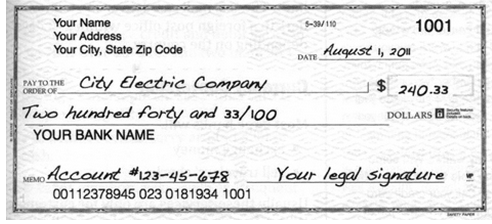Hello! USA

Best cultural introduction
Over the years, I’ve hosted a dozen different newly arrived immigrants in my residences. Some came from Eastern Europe, some from Africa, some from Asia, with different experiences of modernity. But all these bewildered immigrants were FOB — fresh off the boat, and overwhelmed. They didn’t know all the thousands of tiny but critical every-day bits of knowledge it takes to survive in the US. Like how to write a personal check (an almost unique American system), how to get a credit card, how to file a tax return, what to bring to a party, how to rent a place, how to apply for a job, how to get a SS#, how to properly greet people, how to decipher a drug prescription, and so on. These are all things that you know but you don’t even know you know.
So over the years I’ve handed new visitors the most current edition of this book. It’s the best of a number of American cultural survival books. It requires good English comprehension (not as much as some of the other guides); if the new arrival does not read English well, you can use this book as your guide to convey to them the invisible systems in the US. Often immigrants will pick up this kind of info from older immigrants of their same background — if there are any nearby — but that friendly info is not always correct or the best.
I’ve often thought a version of this book, slightly modified, would be great for teenagers about to head off on their own. That kind of guide would seem obvious to most of us, since it would be full of stuff that “everyone knows.” Meaning we weren’t explicitly taught it. But mastering the complexity of modern life should be taught and is taught pretty well in Hello! USA.
America is a nation built on the incoming flow of immigrants. There will be more coming. This is a good tool if you have the occasion to help a new arrival.
10/4/13Excerpt
Choosing Legal Assistance. Tell the truth whenever any immigration officer interviews you or you are filling out a government form. If you are having any immigration problems, an attorney may be able to help you, as long as you have told the truth; if you have not told the truth, your problem may be more difficult to solve. You may even be deported without the right to return.
*
Write the amount both in numbers and in words. Draw a line after the words to fill the space, so no one can change your writing. (In this example, the "bank routing number" is pre-printed in the bottom left-hand corner (00112378945). Your bank "account number" is next (0230181934). The last few digits (1101) refer to this specific check.)
*
What to Do If a Police Officer Stops Your Car
- When you see the flashing lights behind you, stop your car on the side of the road as soon as it is safe.
- Do not get out of your car. Wait for the officer to come to your car. Then lower your window.
- The police officer will ask to see your drivers' license and your automobile registration.
- Let the officer tell you why you were stopped.
- Cooperate and be courteous.
- Do not try to pay your fine in cash to the policeman. If he misunderstands you, he may think you are trying to bribe him which is against the law. Pay all fines by mail or to the clerk of a court.
*
Garage Sales. In the warm months, you will see signs advertising "garage sales" (also called "moving sales," "yard sales," "tag sales," or "barn sales"). People put out (in their garage, or yard, or barn) housewares, toys, clothes, and appliances that they no longer need or want. The prices are usually very low. The quality will range from excellent to awful. Sometimes several families or a church will join together to hold one of these sales - then the selection is large. These are sometimes called "flea markets."
*
*
Gifts for Special Occasions
Wedding and bridal shower.
Many couples make a list of the gifts they want; then they "register" the list at a store. Ask the couple if they are "registered." Then go to the store with the list and choose something to send. See Chapter 12 for more details about registries.
*
Being "On Time"
Parties at home: Do not come even a few minutes early for any party at a home; often, the host or hostess will still be getting ready.
Appointments: Come at the exact time. Many Americans do not like to be kept waiting. In fact, if you are more than 20 minutes late, the person may not wait any longer for you.
Hello! USA Judy Priven, Anne P. Copeland 2011, 244 pages $22











